Forty-six years of hurt: Remembering Newcastle's European triumph of 1969
Richard Edwards looks back at the last time the Magpies won a trophy, recalling happier times on Tyneside...
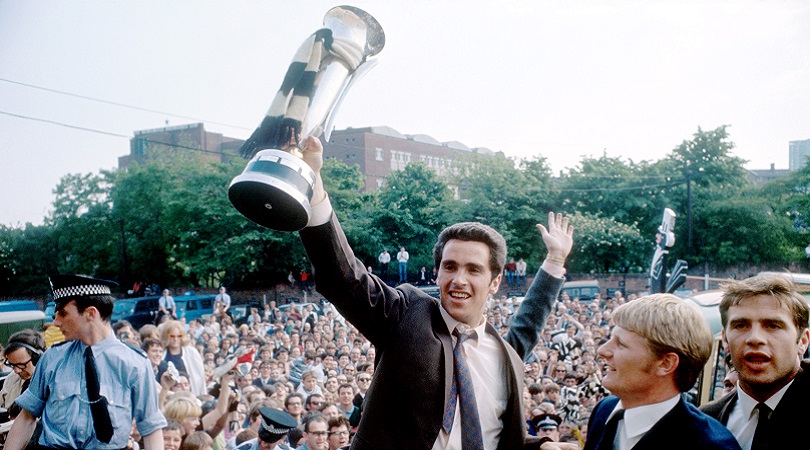
Newcastle essentially qualified by virtue of being a one-city team, a ruling which dated back to when the tournament was less about football and more about the celebration of trade fairs
Good news in Newcastle has been as thin on the ground as Steve McClaren’s hair so far this season. Toothless, clueless and at times completely useless, there appears to be more imminent danger of Scotland winning the World Cup than of the Geordies lifting a piece silverware.
For youngsters in the north-east, that’s depressing enough. For Newcastle devotees of a certain vintage, though, it’s close to unbearable – particularly those old enough to recall their club pulling off one of the greatest-ever triumphs by an English side in European competition.
The Inter-Cities Fairs Cup, which morphed into the UEFA Cup just two seasons after Newcastle’s first competitive overseas adventure in 1968/69, was a typically European affair – a botched attempt at bringing the continent closer together through a mish-mash of rules that meant the Magpies reached the tournament despite having finished 10th in the First Division the previous season.
Newcastle essentially qualified by virtue of being a one-city team, a ruling which dated back to when the tournament was less about football and more about the celebration of trade fairs.
That meant the club’s first foray into continental competition came at the expense of Everton, Arsenal and Tottenham, who missed out as a result of finishing below Liverpool and Chelsea in the 1967/68 table.
Feyenoord without fear
The whole run was extraordinary for its naivety because we weren’t bogged down by pressure or expectation
While qualification for the tournament bordered on the farcical, the quality of teams vying for the title was anything but – as proved by a first-round draw which pitted Joe Harvey’s Magpies against Dutch giants and Eredivisie runners-up, Feyenoord.
Get FourFourTwo Newsletter
The best features, fun and footballing quizzes, straight to your inbox every week.
“I travelled with them home and away and I was at each and every game,” says the legendary north-east journalist, John Gibson. “The excitement among the fans was enormous and the naivety among the players, the fans and the press was enormous too. We just thought it was a great adventure.
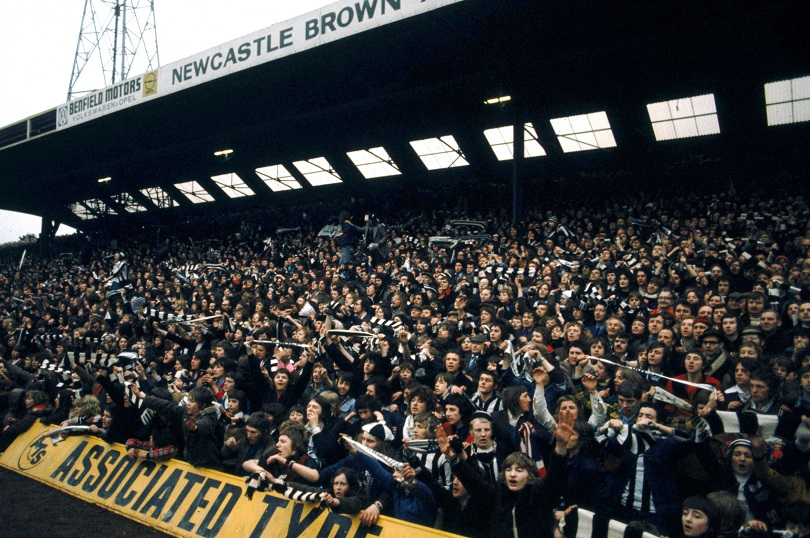
“We played at home to Feyenoord, who won the European Cup the following season, in the first game and slaughtered them 4-0 in the home leg. When we went out for the return leg, though, they slaughtered us, although we managed to keep them down to 2-0.
“The whole run was extraordinary for its naivety because we weren’t bogged down by pressure or expectation. We didn’t play with abandon because this was a team based on a solid defence, but we certainly played without fear.”
Battle of Britain
Scottish clubs could be banned from European Cup football after this
Further wins against Sporting Lisbon, Real Zaragoza – a two-legged 4-4 thriller settled by away goals – and Vitoria de Setubal followed as Newcastle reached the last four of a tournament in which they were supposed to be also-rans.
But while trips to Spain and Portugal were the stuff of dreams for the vast majority of the population back then, Newcastle’s semi-final was a very British – and typically ill-tempered – affair against Rangers.
A 0-0 draw in Glasgow ensured the tie was very much alive as the Scots headed south to St James’ Park; the predictable events that followed, however, would sully the reputation of the British game.
“This was a hard game which did neither side much credit and showed the spectators up in poor light,” wrote the football correspondent of The Times. Newcastle eventually ran out 2-0 winners thanks to goals from Jackie Sinclair and Jim Scott, but events on the pitch were overshadowed by the action in the stands, with Rangers’ fans twice invading the playing field. An announcement was made that another incursion would lead to the game being called off.
“Scottish clubs could be banned from European Cup football after this,” said Harry Cavan, a vice president of FIFA. “Something must be done to make supporters see sense.”
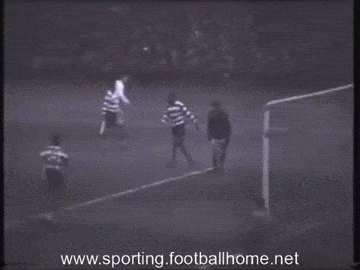
Beating the best
With the final part of the match played out in front of over 60,000 fans, a large police presence and more than a few salivating Alsatians, Newcastle held out to book their place in the final against an Ujpest Dozsa outfit that had already been described by Leeds United boss Don Revie as ‘the best in Europe’ after their 3-0 aggregate defeat to the Hungarians in the quarter-finals.
Surely then, Newcastle’s plucky run was about to come to an abrupt end? Not a bit of it. A 3-0 spanking of Ujpest in the first leg on Tyneside left Harvey’s men in rude health as they headed to Budapest for the denouement of their campaign. Before long, though – and in true Newcastle fashion – their assault on glory began to unravel.
“For 45 minutes they absolutely pulverised us,” former Newcastle defender Frank Clark tells FFT. “The goalkeeper, Willie McFaul, was fantastic but we couldn’t get a kick. We were 2-0 down at half-time and it looked like they would go on and win the game comfortably.”
So what did Harvey do to raise the spirits?
He wasn’t the best tactician in the world but he had a great talent for saying the right thing
“He wasn’t the best tactician in the world but he had a great talent for saying the right thing,” says Clark. “We were all sat there very despondent and he just said ‘listen, all you have to do is score a goal’. We looked at each other, thinking ‘how can we when we can’t get the ball?’ Then we said ‘OK boss’. Anyway, within two minutes Bobby Moncur, who was a defender but had scored twice in the first leg, scored again. It was like pricking a pin into a balloon because that meant they had to get five to get through. They just collapsed. We coasted through the rest of the game and won it 3-2.”
Stick it in the mixer
Newcastle’s two other goals came from Preben Arentoft and Alan Foggon, who added insult to Hungarian injury with 12 minutes left on the clock. Despite not scoring in either leg of the final, the difference between the two sides – and indeed between Newcastle and the rest during an unforgettable run – was, according to journalist John Gibson, the club’s 6ft 2in colossus Wyn Davies.
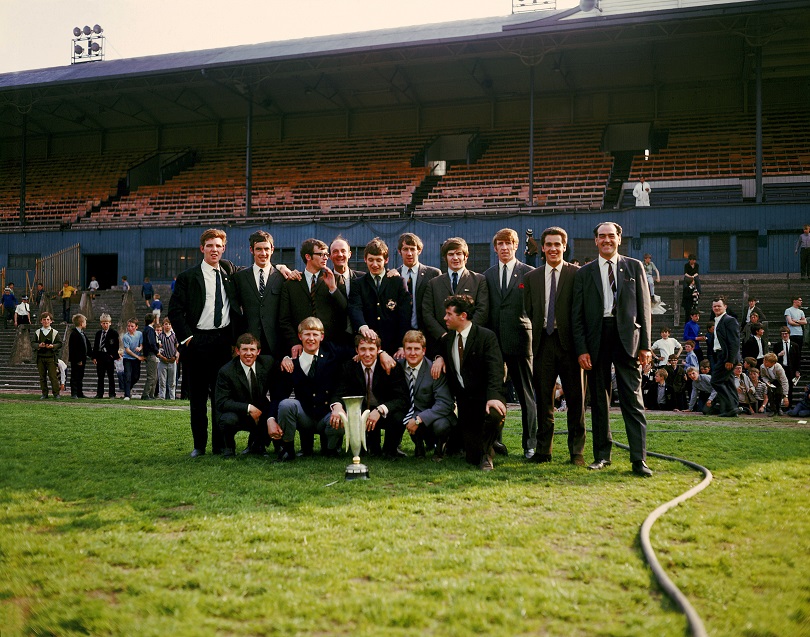
“No one in Europe had seen anything like him,” he tells FFT. “They didn’t play that kind of football on the continent, they played carpet football. All of a sudden we were lashing ball up to this brave striker who was getting hammered to death but still getting up and winning everything in the air. They just couldn’t handle him. Here centre-halves were ready for him – on the continent they were staggered by him.”
As the final whistle blew, Clark and his team-mates cavorted around the Ujpest pitch scarcely able to believe what they had achieved. “The atmosphere in the dressing room and in the hotel in Budapest was amazing,” says Clark.
They didn’t play that kind of football on the continent, they played carpet football
That party, though, could hardly prepare Harvey’s boys for what they were about to witness back home.
“We partied long and hard but when we came back to Newcastle it was unbelievable,” he says. “We got off the plane at Newcastle airport and onto the coach, and the road from the airport to the stadium was just lined with people – how the hell they were all off work and school I don’t know because it was the middle of the day.
“When we got into the ground, it seemed to me that St James’ was full.”
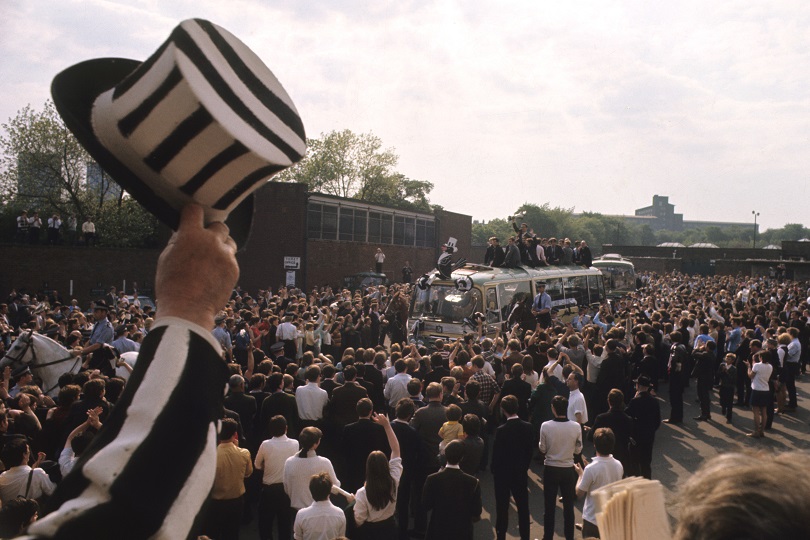
Half a century without
It should have been the dawning of a new era, a period when a comparatively stable side competed regularly for cup glory, both domestically and in Europe. Instead, it has proved to be a constant reminder of the club’s inexorable fall from grace.
“I wasn’t stupid, I knew it wasn’t going to the First Division or the Premier League as it is now but I thought we would win the UEFA, the FA Cup, the League Cup every three or four years,” says Gibson. “I’m now in my early '70s and I’m still waiting. For a club the size of Newcastle to have to wait that long is ridiculous. It’s terribly, terribly wrong.”
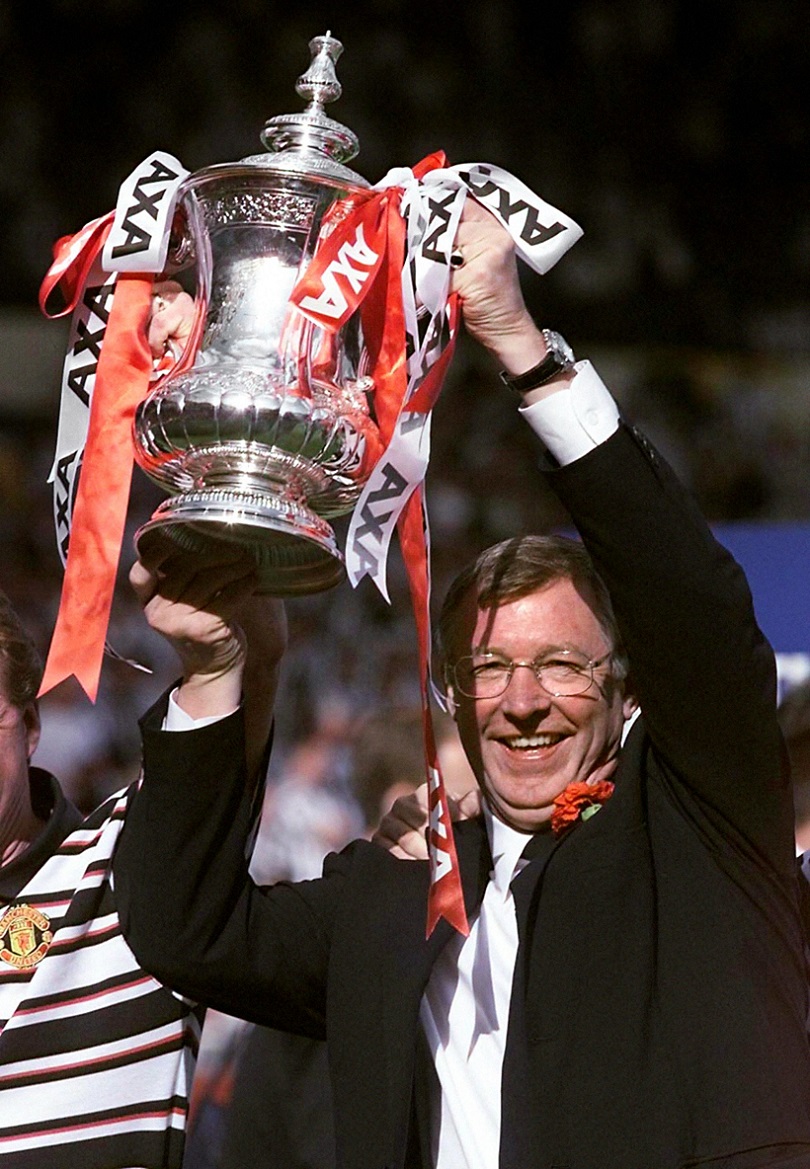
As things continue to slide in the north-east, the memories of that golden evening in Hungary grow evermore powerful. Gibson himself is the president of the Fairs Club, a group that celebrates that 1969 triumph every year with the players involved and the fans who were there.
They can also recall, over a pint, that the season which ended with a bang 46 years ago began with a characteristic whimper. In their opening 12 league matches, they won just once – a 3-2 home victory against Chelsea in the heat of August. They eventually recovered to finish ninth in a division topped by Leeds.
McClaren would give anything for a similar turnaround. A trophy, meanwhile, has rarely seemed such a distant ambition.
